University Archives & Special Collections in the Joseph P. Healey Library at UMass Boston is pleased to announce the availability of the Public Responsibility in Medicine and Research (PRIM&R) records (1972-2008) for research.
Public Responsibility in Medicine and Research (PRIM&R) is a non-profit organization that was formed in 1974 in response to increasingly complex and sensitive problems facing research and related clinical practice, such as the indictment of four doctors conducting fetal research at the Boston City Hospital, the Controlled Substances Act, and the United States Public Health Services Syphilis Study at Tuskegee, resulting in the passage of the National Research Act in 1974 and enacting regulations governing the protection of human subjects and mandating institutional review boards (IRBs).
This collection, spanning 39 linear feet, documents the activities of PRIM&R and the organization’s longtime executive director (from 1975-2014), Joan Rachlin, covering the years 1972 through 2008. In particular, the material in this collection documents the planning and arrangement of conferences, including research and the study of relevant topics such as the ethics of medical study and research on human subjects and animals. The collection also documents the member activities of ARENA, the board of directors of PRIM&R, and WISH-net.
The PRIM&R collection includes original documents, correspondence, photocopies, notes, conference proceedings, newsletters, pamphlets, books, serials, posters, floppy disks, CDs, DVDs, Betacam tapes, cassettes, mini-DV cassettes, and micro cassettes. The resource PRIM&R Through the Years: Three Decades of Protecting Human Subjects, which consists of almost thirty years of key talks from PRIM&R conferences, can be found in the special collections of the University Archives & Special Collections department, and in the Healey Library main stacks.
If you have any questions or if you would like to schedule a time to explore the collection, email library.archives@umb.edu or call 617-287-5469.
View the finding aid for this collection.
University Archives & Special Collections in the Joseph P. Healey Library at UMass Boston collects materials related to the university’s history, as well as materials that reflect the institution’s urban mission and strong support of community service, notably in collections of records of urban planning, social welfare, social action, alternative movements, community organizations, and local history related to neighboring communities.
University Archives & Special Collections welcomes inquiries from individuals, organizations, and businesses interested in donating materials of an archival nature that that fit within our collecting policy. These include manuscripts, documents, organizational archives, collections of photographs, unique publications, and audio and video media. For more information about donating to University Archives & Special Collections, click here or email library.archives@umb.edu.
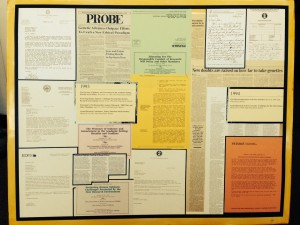
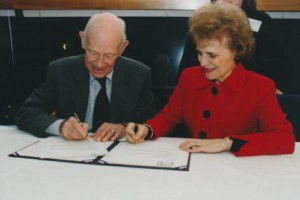
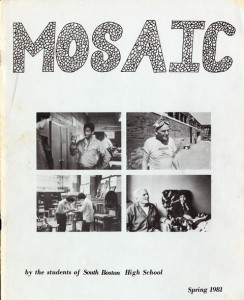
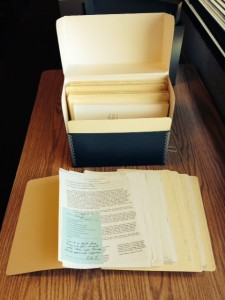



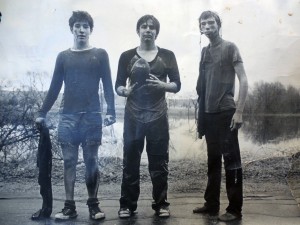
!['A group of BEElieve beekeepers poses for a picture at [my] house after the group's first hive opening in Spring of 2012. Hive openings at backyard beekeepers' homes are a large part of educating the public about the hardworking and friendly bees. Many who have hesitated about beekeeping for years need to witness only one hive opening to make up their minds and get started. Pictured, from left to right: Janet Hading Pian, Anne Harris, unidentified, Kaat Vander Straeten, and Janot Mendler de Suarez.' Contributor: Kaat Vander Straeten.](https://blogs.umb.edu/archives/files/2014/08/Beekeepers-2j4jrdh-300x225.jpg)